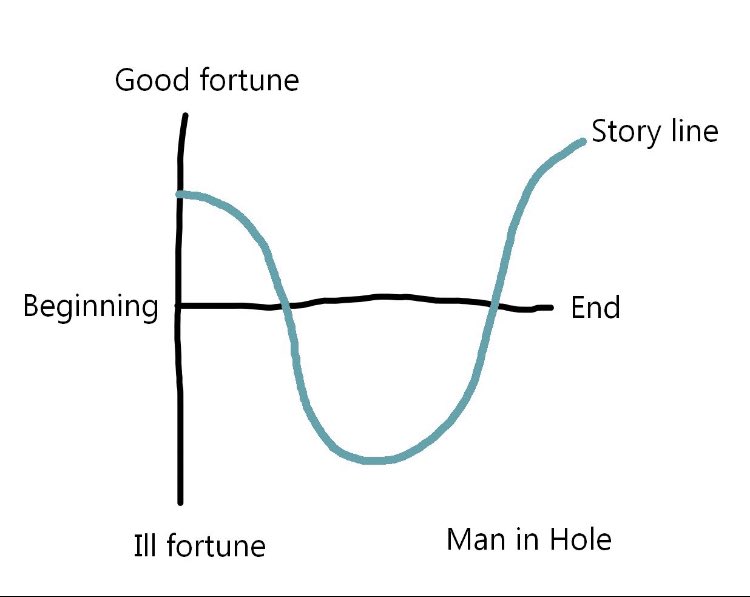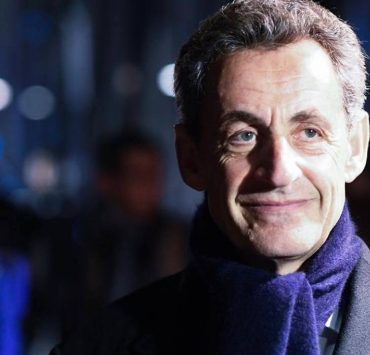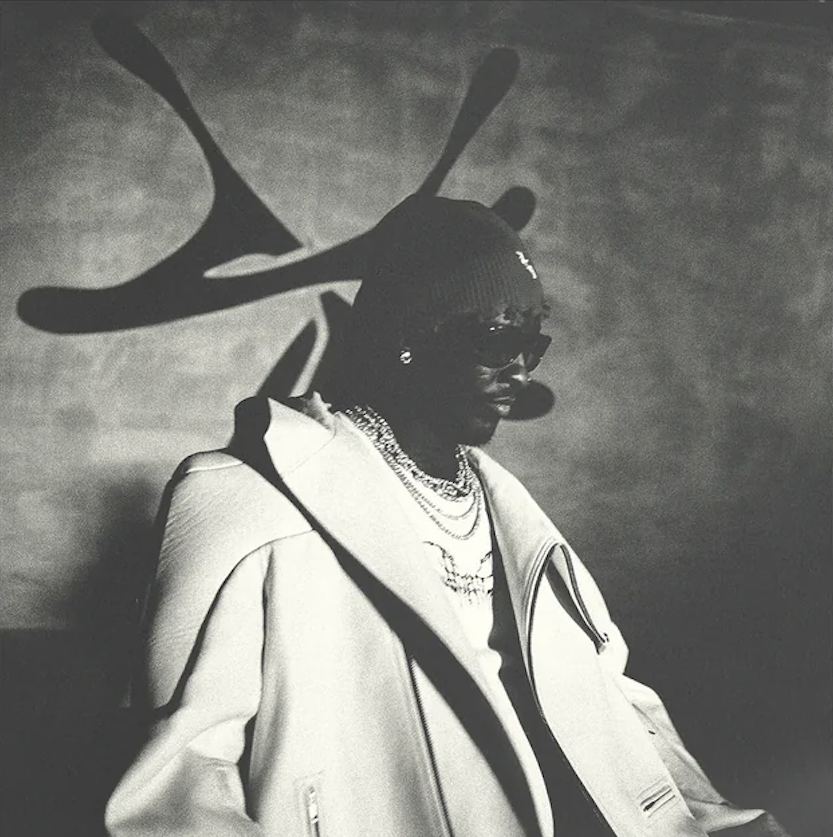Four Groundbreaking Theories That Alter Your View Of Randall Flagg In Stephen King's Books

Table of Contents
The Theory of Flagg as a Necessary Evil
This theory posits that Flagg, despite his horrific actions, serves a crucial, albeit dark, purpose in the cosmic balance of King's universe. He's not simply evil for the sake of it; his actions, however monstrous, contribute to a larger, unseen design.
-
Flagg acts as a catalyst for change and growth: He pushes characters to their limits, forcing them to confront their inner demons and ultimately become stronger. Think of the survivors in The Stand – their resilience is forged in the crucible of Flagg's terror.
-
His chaos creates opportunities for heroism and resilience: Flagg's destructive acts inadvertently pave the way for acts of incredible bravery and selflessness. Without the threat he poses, the heroic acts of characters like Stu Redman might never have occurred.
-
Examples across King's works: In The Stand, Flagg's malevolent influence directly opposes Mother Abagail's benevolent force, creating a cosmic battle for humanity's soul. In The Eyes of the Dragon, Flagg's machinations, though cruel, ultimately lead to the revelation of truth and justice. Even in the Dark Tower series, Flagg, as Walter o'Dim, plays a crucial, albeit sinister, role in the overall narrative arc. His presence pushes the Gunslinger towards his ultimate destiny.
Flagg as a Multifaceted Persona: Different Versions, Same Entity?
This theory explores the intriguing possibility that Flagg's different manifestations across King's novels – from the charismatic leader in The Stand to the sinister Walter o'Dim in the Dark Tower series – are not separate entities, but facets of a single, powerful being. Are we seeing different aspects of a singular, evolving consciousness?
-
Similarities across Flagg's appearances: Notice the recurring themes of manipulation, charisma, and an almost supernatural ability to influence people. The core essence of Flagg remains consistent, regardless of his outward appearance or name.
-
A single, evolving consciousness: The subtle differences in Flagg's personality and methods across novels could be interpreted as stages of development or adaptation to different contexts. He learns, he evolves, and he refines his tactics.
-
Thematic consistency: Examining the overarching themes present in each novel featuring Flagg reveals a consistent pattern. He consistently embodies chaos, disruption, and the seductive appeal of darkness, regardless of his specific actions. This strengthens the argument for a single, underlying entity.
The Fallen Angel Hypothesis: Flagg's Celestial Origins
This theory delves into the intriguing possibility that Randall Flagg isn't merely human, but a being of immense power with celestial origins – perhaps a fallen angel or a demonic entity from another realm. His abilities often surpass the capabilities of a mortal man.
-
Biblical and mythological parallels: Flagg’s actions and attributes bear striking resemblance to depictions of fallen angels in biblical and mythological narratives. His manipulation, his command over others, and his supernatural abilities all hint at a higher, extra-dimensional power.
-
Supernatural abilities and influence: Flagg consistently demonstrates powers beyond the normal human experience. This suggests he is more than just a charismatic cult leader; he possesses genuine supernatural abilities.
-
Symbolic imagery and allusions: King frequently employs symbolic imagery and allusions to celestial beings within his works. Many readers interpret this symbolism as suggesting Flagg’s origin lies beyond the ordinary. His presence, particularly in the Dark Tower series, often feels otherworldly.
Flagg as a Manifestation of Chaos Itself
This radical theory suggests Flagg isn't a singular being with specific motivations, but an embodiment of pure chaos, a force of nature rather than a character with agency. He is not a person; he is a concept given form.
-
Unpredictable acts of cruelty and destruction: Flagg’s actions often appear random, motivated by an almost gleeful destruction, indicative of a force that doesn't adhere to traditional morality or logic.
-
Chaos as a driving force in King's universe: Chaos is a recurring theme in King's works, and this theory suggests Flagg represents the physical manifestation of that chaos. He is a force of nature, akin to a storm or an earthquake, rather than a character with specific goals.
-
Disruptor of order and stability: Wherever Flagg appears, chaos and instability ensue. This aligns with the idea of him as a force of pure entropy, actively working against order and stability within King's fictional universe.
Conclusion
This exploration of four groundbreaking theories dramatically reshapes our understanding of Randall Flagg, revealing a far more intricate and fascinating villain than initially perceived. By considering these alternative perspectives, we gain a deeper appreciation for the complexity of Stephen King's fictional universe and the enduring power of his iconic antagonist. Are you ready to dive deeper into the mysteries surrounding Randall Flagg? Explore these theories further and share your own interpretations of this enigmatic character!

Featured Posts
-
 Increased Disney Profit Outlook Parks And Streaming Success Story
May 10, 2025
Increased Disney Profit Outlook Parks And Streaming Success Story
May 10, 2025 -
 Ryujinx Emulator Development Halted Nintendos Involvement Explained
May 10, 2025
Ryujinx Emulator Development Halted Nintendos Involvement Explained
May 10, 2025 -
 January 6th Conspiracy Theories Ray Epps Defamation Suit Against Fox News
May 10, 2025
January 6th Conspiracy Theories Ray Epps Defamation Suit Against Fox News
May 10, 2025 -
 Charlz Iii Posvyatil Stivena Fraya V Rytsari Podrobnosti Tseremonii
May 10, 2025
Charlz Iii Posvyatil Stivena Fraya V Rytsari Podrobnosti Tseremonii
May 10, 2025 -
 Young Thugs Uy Scuti When Can We Expect The New Album
May 10, 2025
Young Thugs Uy Scuti When Can We Expect The New Album
May 10, 2025
